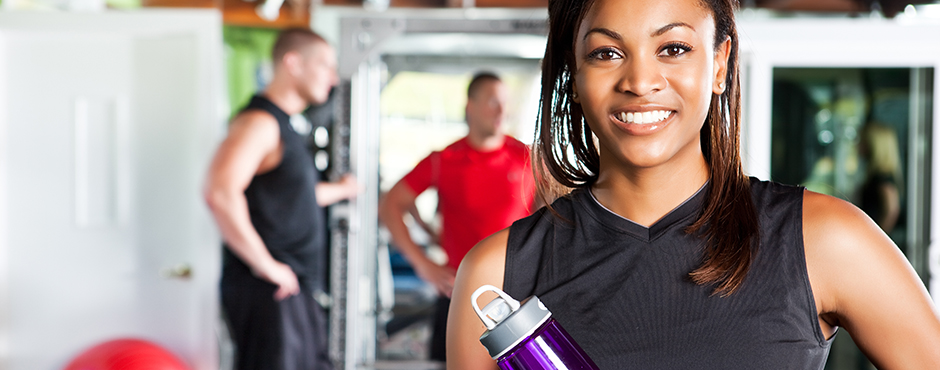
While it often seems like nutritionists, doctors, and other health authorities can't agree on anything, there is one practice that is promoted universally -- drink plenty of water! Click on the links below to learn more about water and your health.
You don't need to buy bottled water for health reasons if your drinking water meets all of the federal, state or provincial drinking water standards. If you want a drink with a different taste, you can buy bottled water, but it costs much more than municipal drinking water. Of course, in emergencies bottled water can be a vital source of drinking water for people without water.
The U.S. Food and Drug Administration requires bottled water quality standards to be equal to those of the U.S. Environmental Protection Agency for tap water, but the quality of the finished product is not government-monitored. Bottlers must test their source water and finished product once a year. Currently, any bottled water that contains contaminants in excess of the allowable level is considered mislabeled unless it has a statement of substandard quality.
Regulations require bottlers to inform consumers of "bottled water" contents. Although recent tests have not found any lead in dozens of brands of bottled water, studies have shown that microbes may grow in the bottles while not in use.
We used to be told to drink (eight) 8 ounce glasses of water a day but there is no clear-cut answer to that question. What’s more important is to make sure you are drinking enough water to not feel thirsty. Your body also needs more water when exercising, are in a hot climate or are ill.
Here are tips from CDC if you think you are getting enough water to drink:
- Carry a water bottle for easy access when you are at work of running errands.
- Freeze some freezer safe water bottles. Take one with you for ice-cold water all day long.
- Choose water instead of sugar-sweetened beverages. This can also help with weight management. Substituting water for one 20-ounce sugar sweetened soda will save you about 240 calories. For example, during the school day students should have access to drinking water, giving them a healthy alternative to sugar-sweetened beverages.
- Choose water when eating out. Generally, you will save money and reduce calories.
- Add a wedge of lime or lemon to your water. This can help improve the taste and help you drink more water than you usually do.